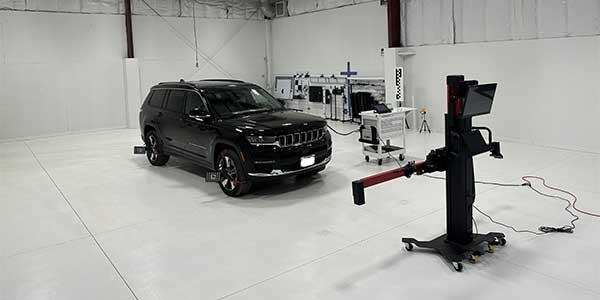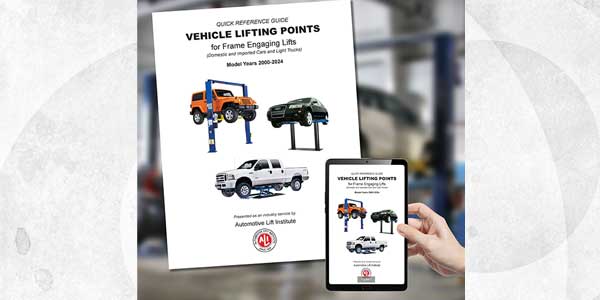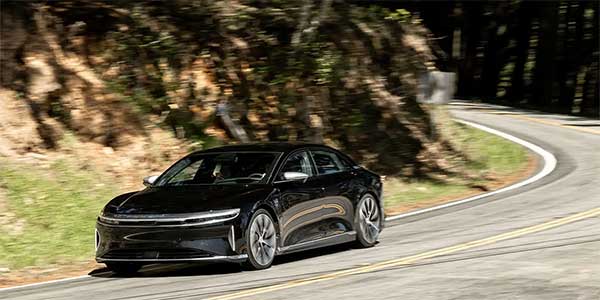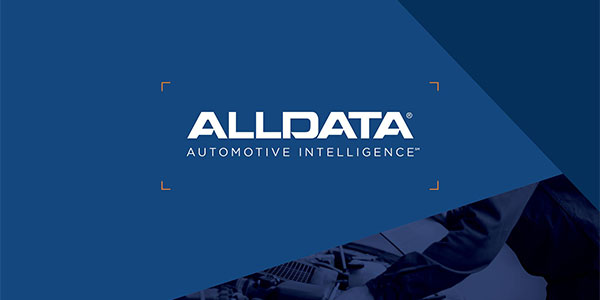From aftermarketNews.com
The University of Iowa has released new research that reveals drivers’ knowledge and attitudes of advanced driver assistance technologies improve after exposure to one of four learning methods about the technologies.
The study involved 120 drivers ages 30 to 55 years old with no prior experience with five advanced driver assistance systems (ADAS). The five technologies included in the study were adaptive cruise control, blind spot monitor, lane keeping assist, parallel parking assist and rear cross traffic alert. Drivers were randomly assigned into four groups: one group was given only a ride-along demonstration of the technologies; one group was given only an owner’s manual to read about the technologies; one group was given the demonstration drive followed by the review of the owner’s manual; and the fourth group was the given the opportunity to review the owner’s manual followed by a demonstration drive. The data reflected positive knowledge increases between the Pre- and Post-Visit Survey.
“Our data show that drivers who are exposed to these technologies in two very traditional learning methods increase their knowledge about the technologies and feel less apprehensive of using them in the future,” said Prof. Daniel McGehee, director of the National Advanced Driving Simulator at the University of Iowa and the principal investigator of MyCarDoesWhat. “As more and more of these technologies are being rolled out, there is a critical need to educate drivers about how to use them – especially at the dealer level.”
The study showed improved driver knowledge and attitudes after exposure to one of the four learning methods, including:
- Participant knowledge of the five technologies significantly increased at the end of the study. On average, knowledge scores increased about 170 percent.
- Participant ratings of usefulness of a vehicle equipped with the function descriptions of adaptive cruise control and parallel parking assist significantly increased at the end of the study.
- Participant ratings of trust for the function descriptions of adaptive cruise control, lane keeping assist, parallel parking assist and rear cross traffic alert all significantly increased at the end of the study.
- Ratings of apprehension of using a vehicle equipped with each technology function significantly decreased at the end of the study for all five technologies.
After completing the study, participants had significantly greater interest in purchasing a vehicle that performs adaptive cruise control and parallel parking assist functions, according to the university.
Before completing the study, participants said they would prefer to learn about advanced driver technologies through a method that included a demonstration more than 80 percent of the time. At the end of the study, participants opted for a learning method that included a demonstration drive more than 90 percent of the time.
“The technologies examined in this study have been shown to avoid crashes,” said Kelly Nantel, vice president of communications and advocacy at the National Safety Council. “It is important for drivers to be prepared and knowledgeable about the technologies before getting behind the wheel.”
The study builds on research begun by the University of Iowa in 2014, when they found that drivers were uncertain of many automotive safety features – even those that had been standard in vehicles for years.
For more information, visit MyCarDoesWhat.org.














